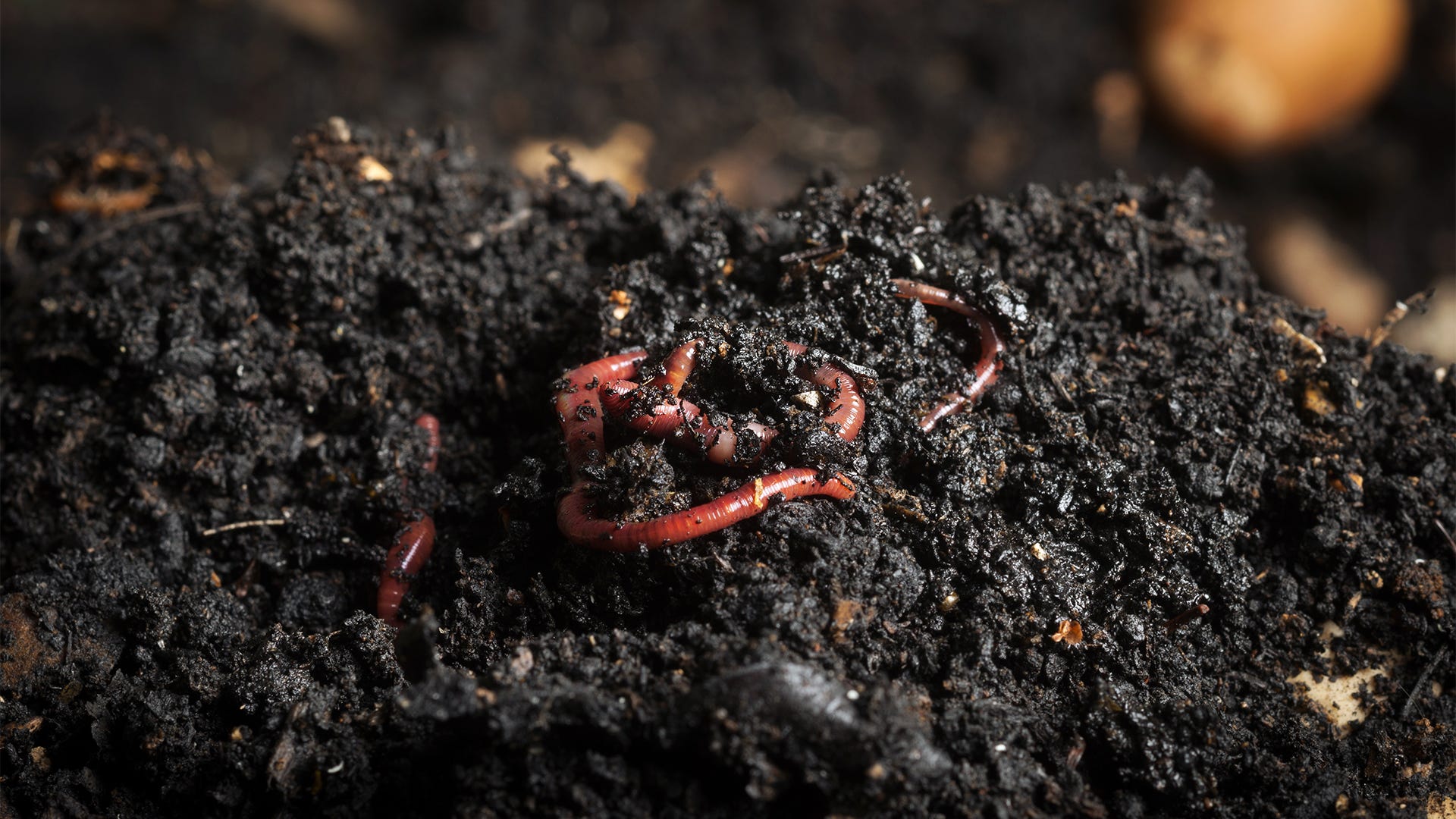Why Red Wigglers Are Necessary for Chemical-free Farming
Red wigglers play a critical role in organic farming, mainly through their special capacity to break down organic materials and improve dirt health. Their activity not only enhances the soil with essential nutrients but likewise promotes a thriving environment vital for sustainable farming. In addition, the physical procedures they involve in, such as aeration and dampness retention, add significantly to enhanced plant returns. Nevertheless, the extent of their influence on farming methods and dirt biology increases appealing inquiries regarding the future of natural farming. What implications might this have for farming techniques?
Duty of Red Wigglers in Dirt Health

In addition, red wigglers improve soil structure by creating channels as they delve. These networks boost aeration and water infiltration, advertising a much healthier origin environment. Their activity likewise helps in keeping optimum dampness levels, which is critical for healthy and balanced plant development.

Advantages of Worm Spreadings
Worm castings, the nutrient-rich excrement generated by red wigglers, act as a powerful amendment for natural farming. These castings are brimming with necessary nutrients such as nitrogen, phosphorus, and potassium, which are essential for plant growth. Unlike synthetic fertilizers, worm spreadings release nutrients slowly, providing a consistent supply with time and minimizing the danger of nutrient leaching and runoff.
Furthermore, worm spreadings improve soil framework and oygenation, promoting healthier root systems. Their high raw material web content boosts wetness retention, allowing plants to much better withstand drought problems. Furthermore, worm castings have advantageous microbes that support plant health and wellness by subduing pathogens and improving vitamins and mineral uptake.
The application of worm spreadings can result in raised plant returns and improved quality of produce, making them an invaluable source for natural farmers. Their usage also straightens with sustainable farming practices, adding to soil fertility without the adverse environmental impacts related to chemical plant foods. Generally, the incorporation of worm spreadings right into agricultural methods cultivates a more durable and efficient ecosystem, emphasizing the relevance of red wigglers in natural farming systems.

Enhancing Nutrient Cycling
Moreover, red wigglers help to accelerate the mineralization of nutrients, transforming them from inert types right into bioavailable kinds that plants can soak up. This process is vital for preserving soil fertility and promoting healthy crop growth. The existence of red wigglers likewise encourages a diverse soil ecosystem, fostering an equilibrium of nutrients that supports numerous plant varieties.
Improving Dirt Structure
The improvement of dirt framework is crucial for fostering a healthy agricultural community, and the task of red wigglers substantially adds to this enhancement. These earthworms play an important role in freshening the soil and producing a network of channels that assist in water seepage and origin infiltration. As they tunnel via the soil, red wigglers damage up compressed layers, permitting better oxygen exchange and advertising microbial task.
In addition, the raw material generated from their waste, known read what he said as vermicast, boosts dirt gathering. This procedure creates stable globs of soil particles, enhancing soil porosity and reducing erosion (red wigglers). The presence of red wigglers additionally urges the growth of advantageous fungal networks, which are important for nutrient uptake by plants
Supporting Lasting Practices
Integrating red wigglers right into organic farming techniques not only improves soil health however also advertises lasting agricultural methods. These earthworms play an important duty in nutrition biking, transforming organic waste into valuable compost that improves the dirt. By using red wigglers, farmers can efficiently decrease reliance on synthetic fertilizers, thereby minimizing chemical runoff and its detrimental results on ecological communities.
Furthermore, the unification of red wigglers urges the technique of reusing organic products, such as kitchen area scraps and ranch waste. This waste decrease technique not only reduces disposal prices but also cultivates a closed-loop system where nutrients are constantly returned to the dirt (red wigglers). Such techniques are necessary in mitigating climate change, as they enhance carbon sequestration and lower greenhouse gas exhausts
In addition, red wigglers boost water retention in the dirt, which is critical in times of drought. Their burrowing activities produce channels that allow water to pass through much deeper into the ground, therefore advertising reliable water use. Ultimately, incorporating red wigglers into natural farming not only supports biodiversity however additionally straightens with the concepts of lasting farming, offering an all natural method to food production.
Verdict
In final thought, red wigglers play an essential function in organic farming by substantially improving soil health and fertility. Therefore, the combination of red wigglers into farming practices is essential for promoting sustainability and boosting general dirt quality.
Comments on “Red worms: Make composting easy”